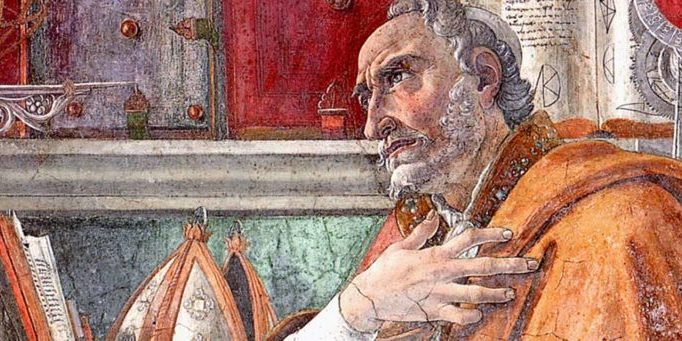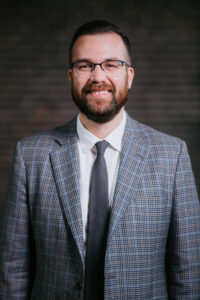
The Well-Trained Theologian: Essential Texts for Retrieving Classical Christian Theology
Over the last several decades, evangelicalism’s lack of roots has become conspicuous. Many years ago, I experienced this firsthand as a university student and eventually as a seminary student. Books from the past were segregated to classes in church history, while classes on hermeneutics and biblical exegesis carried on as if no one had exegeted scripture prior to the Enlightenment. Sometimes systematics suffered from the same literary amnesia. When I first entered the PhD system, eager to continue my theological quest, I was given a long list of books to read just like every other student. Looking back, I now see what I could not see at the time: out of eight pages of bibliography, you could count on one hand the books that predated the modern era.
I have taught at Christian colleges and seminaries on both sides of the Atlantic for a decade now and I can say, in all honesty, not much has changed. As students begin courses and prepare for seminars, as pastors are trained for the pulpit, they are not required to engage the wisdom of the ancient past firsthand or what many have labelled classical Christianity. Such chronological snobbery, as C. S. Lewis called it, is pervasive. Without retrieval, there will not be renewal. Click To Tweet
The consequences of such a lopsided diet are now starting to unveil themselves. Recent controversy over the Trinity, for example, has manifested our ignorance of doctrines like eternal generation, a doctrine not only basic to biblical interpretation and Christian orthodoxy for almost two centuries, but a doctrine fundamental to the church’s Christian identity. Debates over hermeneutics continue to expose our outright skepticism towards divine authorial intent and Christological prefigurement, despite the mountain of patristic, medieval, and Reformation commentaries that labored to read the Bible like Christ and the apostles. Even a loci as expedient to today’s cultural crisis as theological anthropology is approached as if the church had never thought about human nature until now. The list goes on and on. All because we refuse to learn from a pre-modern reading of scripture and its theological heritage, a heritage that has been, until recently, the bedrock of Christian orthodoxy.
Something must change. But how? John Webster has identified the antidote: “If Christian theology today is sometimes in disarray—as, indeed, I believe it is—then one of the major reasons is its dislocation from its cultural place…What inhibits Christian theology is…its lack of roots in the traditions of Christian belief and practice which are the soil in which it can grow. …There can be few things more necessary for the renewal of Christian theology than the promotion of awed reading of classical Christian texts, scriptural and other.”
I am tired of complaining about the disarray; it’s time to chart a clear path forward. If lasting renewal is to take place, there must be a return to classical Christian texts. Dare I say, even a retrieval. Without retrieval, there will not be renewal.
In that spirit, I have written a reading list called “The Well-Trained Theologian.” It is an “essentials” reading list; it does not pretend to be exhaustive nor definitive, and it is, by my own admission, geared towards works in theology, though not to the neglect of commentary. Consider it a first step, tailor-made for eager students and humble pastors ready to read the Bible with the church.
Ad fontes.

